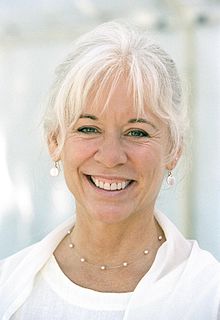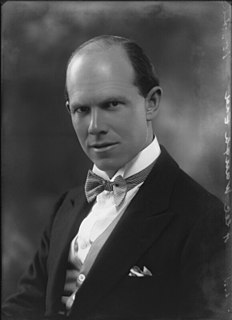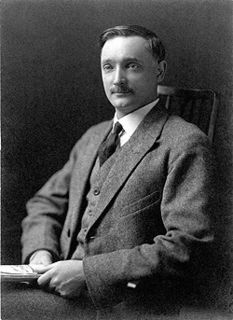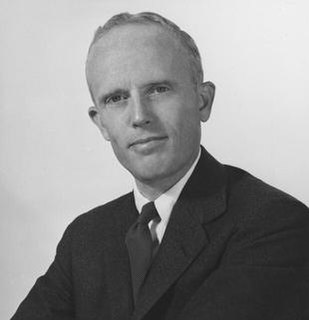A Quote by Gangaji
Safety is knowing that when this particular life form is finished, what it has served remains.
Related Quotes
Meditation is not something you do in the morning and you are finished with it, meditation is something that you have to go on living every moment of your life. Walking, sleeping, sitting, talking, listening - it has to become a kind of climate. A relaxed person remains in it. A person who goes on dropping the past remains meditative.
When a man's life is over, it remains true that he was one sort of man and not another. A man who understands himself under the form of eternity knows the quality that eternally belongs to him, and knows that he cannot wholly die, even if he would, for when the movement of his life is over, the truth of his life remains.
The subject of the poem usually dictates the rhythm or the rhyme and its form. Sometimes, when you finish the poem and you think the poem is finished, the poem says, "You're not finished with me yet," and you have to go back and revise, and you may have another poem altogether. It has its own life to live.
Self-respect cannot be hunted. It cannot be purchased. It is never for sale. It cannot be fabricated out of public relations. It comes to us when we are alone, in quiet moments, in quiet places, when we suddenly realize that, knowing the good, we have done it; knowing the beautiful, we have served it; knowing the truth we have spoken it
There are constraints on what counts as "Reformed." It's more than a name or a label. It's about belonging to a particular theological stream or tradition, which is shaped in important respects by particular thinkers and their work, particular arguments and ideas, a particular community (especially, particular church communities, denominations, and so on), particular liturgies or ways of worshipping and living out the Christian life, and particular confessions that inform the practices of these communities.
I feel that adolescence has served its purpose when a person arrives at adulthood with a strong sense of self-esteem, the ability to relate intimately, to communicate congruently, to take responsibility, and to take risks. The end of adolescence is the beginning of adulthood. What hasn't been finished then will have to be finished later.
Human beings have a drive for security and safety, which is often what fuels the spiritual search. This very drive for security and safety is what causes so much misery and confusion. Freedom is a state of complete and absolute insecurity and not knowing. So, in seeking security and safety, you actually distance yourself from the freedom you want. There is no security in freedom, at least not in the sense that we normally think of security. This is, of course, why it is so free: there's nothing there to grab hold of.



































